Mad Woman: How Jennifer Spire is leading a new generation of women in advertising
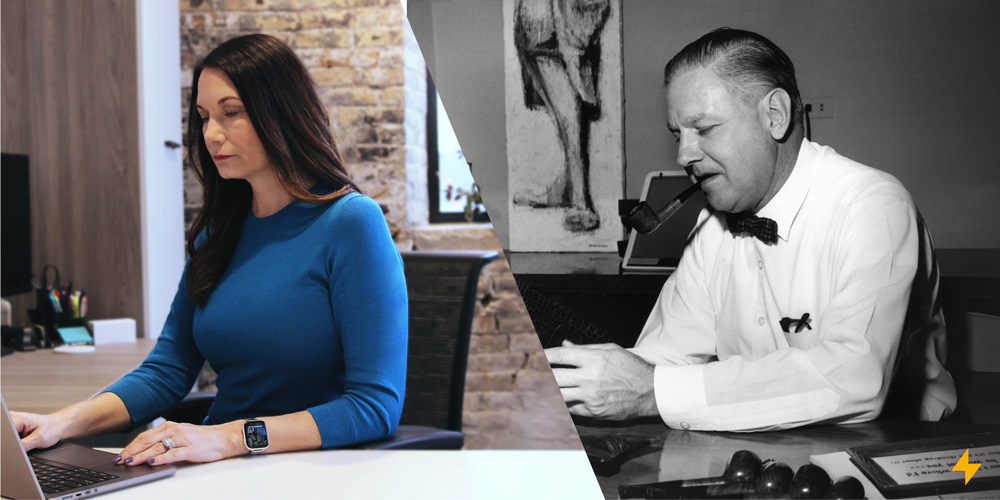
The Family Spire: Jennifer Spire (left) and her grandfather, William Spire (right), sit at their desks in their namesake ad agencies — approximately 60 years apart
Since she was a little girl, Jennifer Spire always knew she’d lead an advertising agency.
As the granddaughter of one of the original Mad Men of New York — with clients that included Lucky Strikes, Lehman Brothers and television talk show host Mike Douglas — Spire grew up dreaming of working at and one day running an agency of her own.
“I didn’t play with dollhouses. When I was nine, I sat at a desk and pretended to review copy and print layouts and make deals,” Spire said, laughing.
Last summer, Spire’s childhood dream came true as Preston Kelly officially became Preston Spire and she became one of only a handful of women with her name on the front door of a Minnesota ad agency.
For Women’s History Month, Jennifer spoke with the Preston Spire communications team on what it means to carry on her grandfather’s legacy, to be a female leader in advertising and where she wants to take Preston Spire.
Your grandfather, William Spire, was an incredibly influential ad man in his time — first as a partner at the famed SSC&B and later running Spire Advertising. What impact did he have on you?
He was my first role model in the industry. He would tell me what to look for in advertising – whether it was in the copy or the strategy. It was quality time, certainly, but I was also learning from him. With him, I started to see just how much I loved the creative side and the business side coming together. And as I got older, I realized that he had helped me understand just how important creative work can be in driving business results.
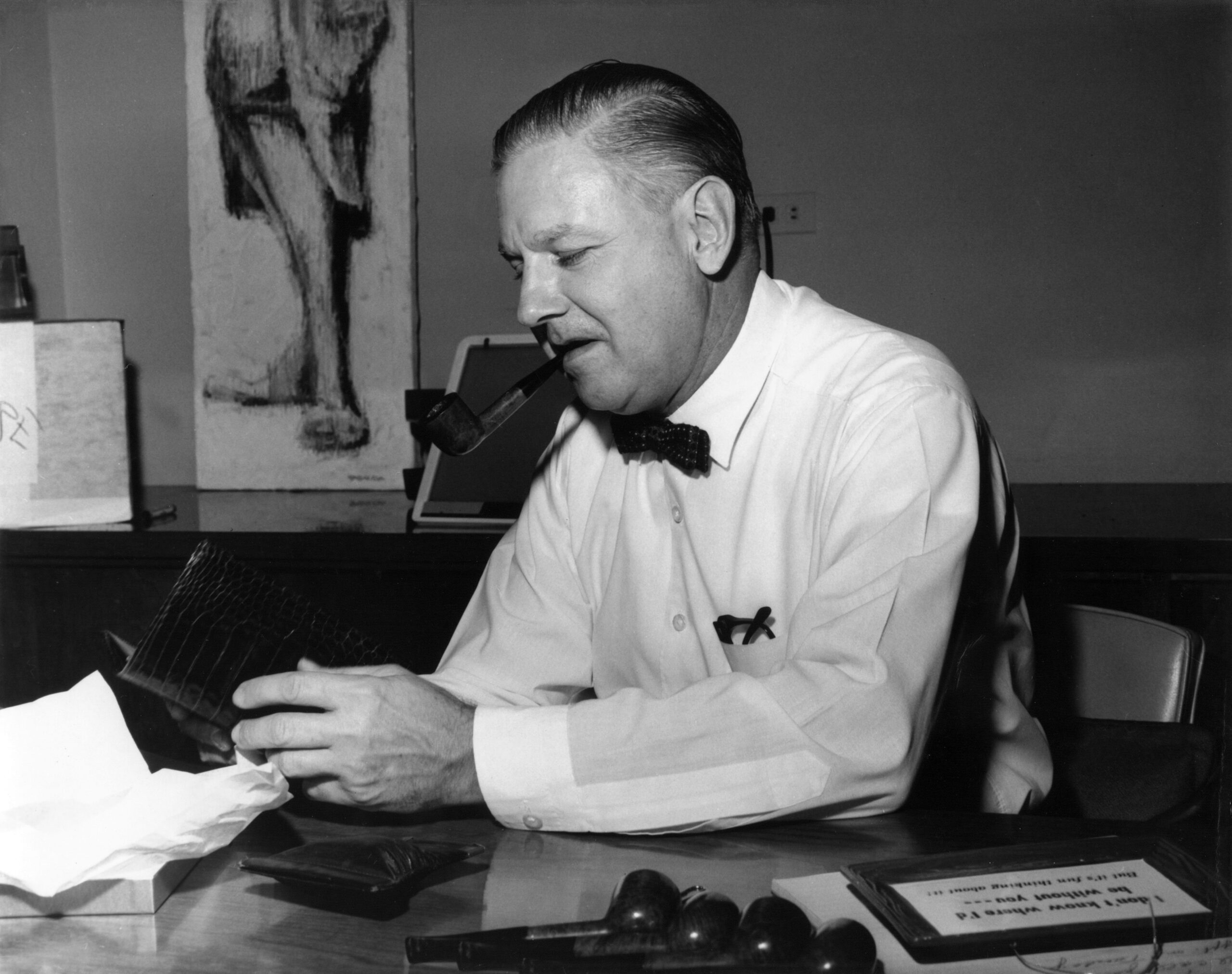
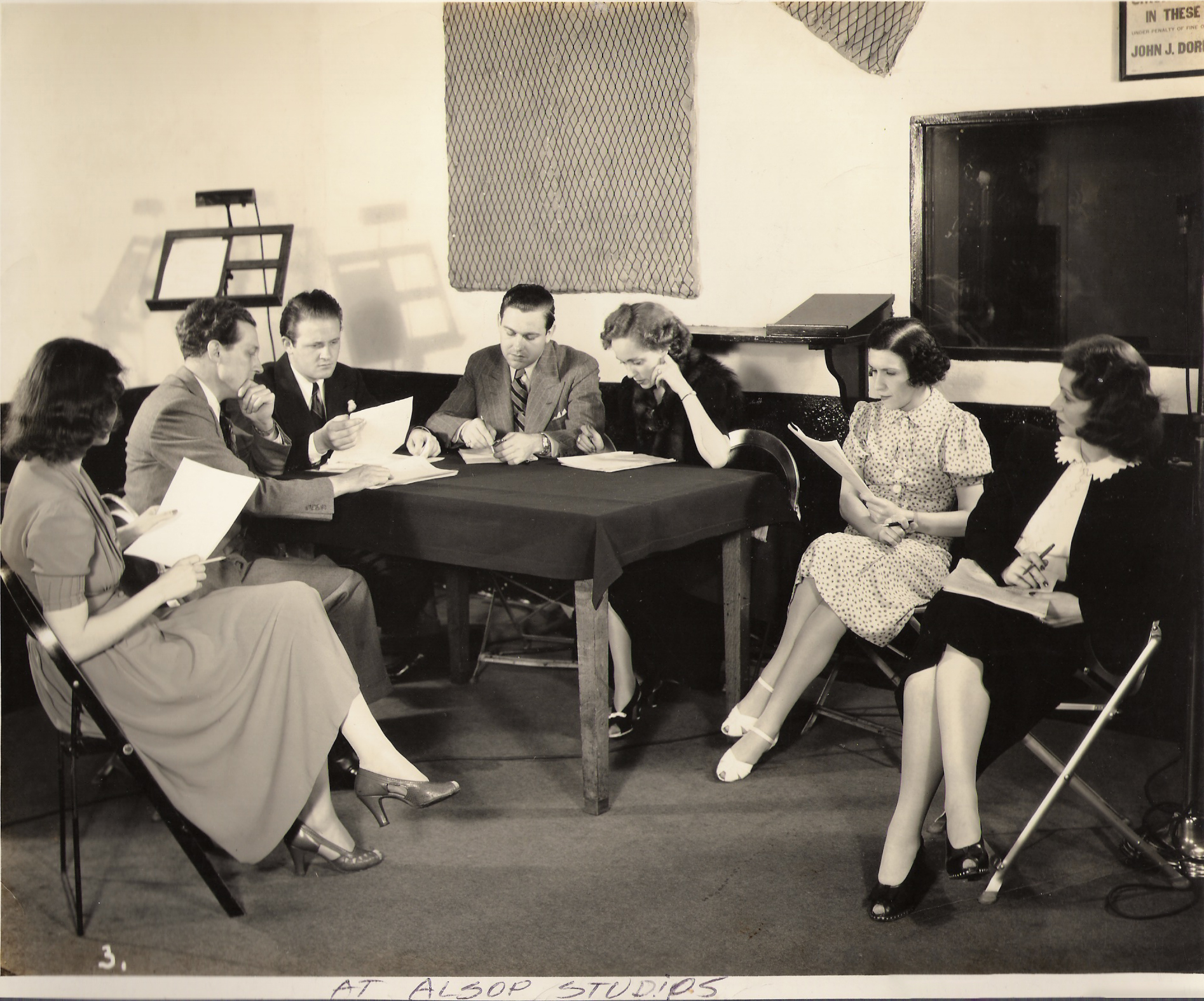
What is it that draws you to advertising? Why do you like it so much?
As an account person, you become an expert in your client’s business and so many different industries. I absolutely love that. It’s why I’ve been on the agency side my entire career and is what continues to excite me about working with new clients.
In your grandfather’s day, there weren’t too many women in advertising — executives or otherwise. Today, you’re one of just a handful of women in Minnesota running an ad agency. What does that mean to you?
I’m proud to count myself among these women in leadership. Some of them were my mentors growing up in this industry, so to stand alongside them is an honor. Now that I’ve been in the industry for almost 30 years, I’ve seen so many women moving up, especially on the creative side — it’s fantastic. And it seems more and more women are getting leadership positions — look at our agency; our leadership team is 70 percent women.
What advice do you have for women in business today? In advertising?
Failure is good. When you fail, get back up, and try again. You will learn from those mistakes. You need to have guts and take risks and get yourself out of your comfort zone. Sometimes that’s harder for women — who feel they have to be perfect — but they need to feel confident enough to fail and grow.
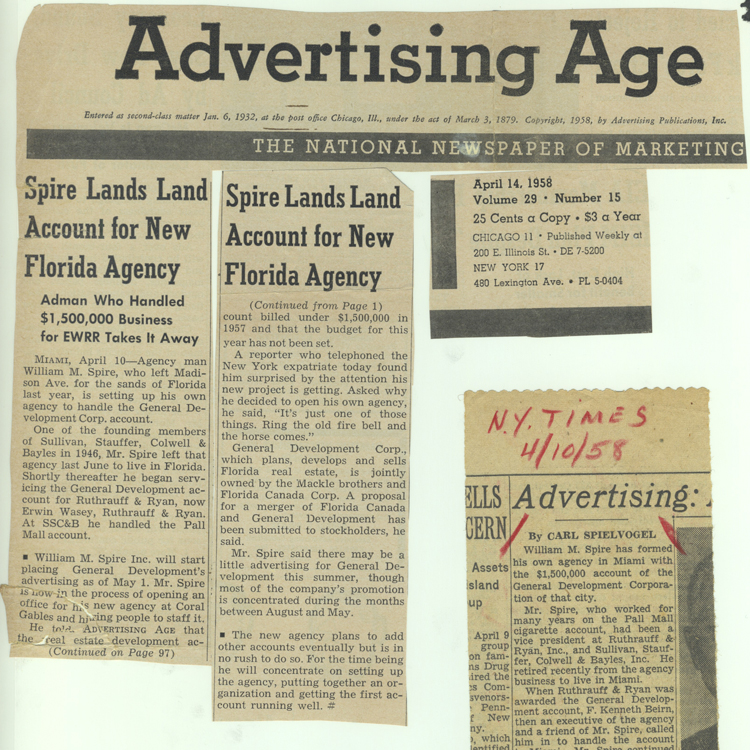
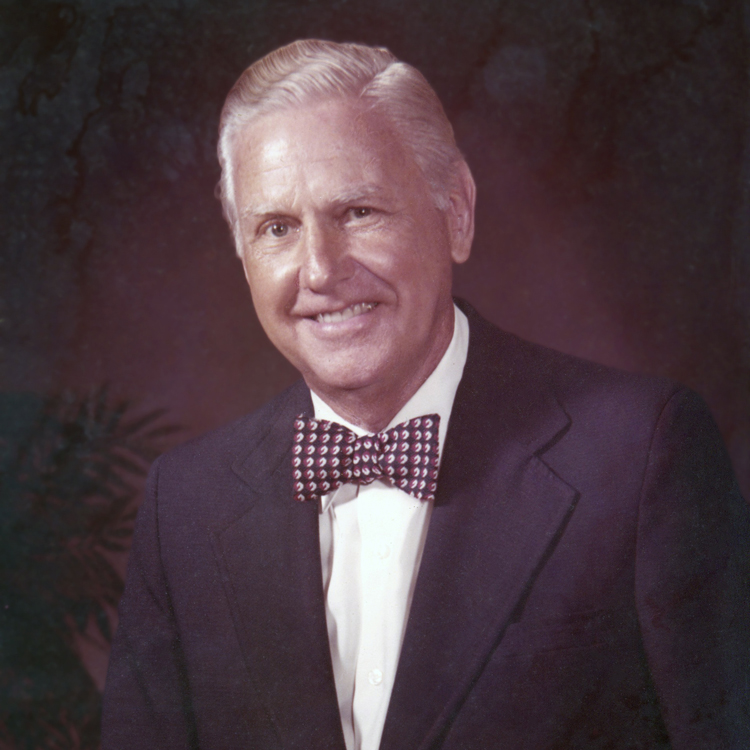
Preston Spire has been around — albeit with various names — for 72 years. Where do you want to take the agency next?
Right now, we stand out in three areas: Our purpose, our modern approach and our people. But we’re still fairly small and I want us to grow and be seen nationally as a successful, purpose-driven agency. I want us to stay independent, stay true to our values and deliver high-quality work to major clients across the country.
Your grandfather clearly had a significant impact on your life. How does his advice continue to guide you today as CEO?
He was truly a gentleman — and an honorable man. He taught me that above everything else honor, trust and loyalty mattered most. He didn’t have to do business on a handshake, his word was all that mattered. And I feel the exact same way. I will make decisions that are best for our agency and our people and will always lead with integrity. That mindset — that way of doing business — comes from him.